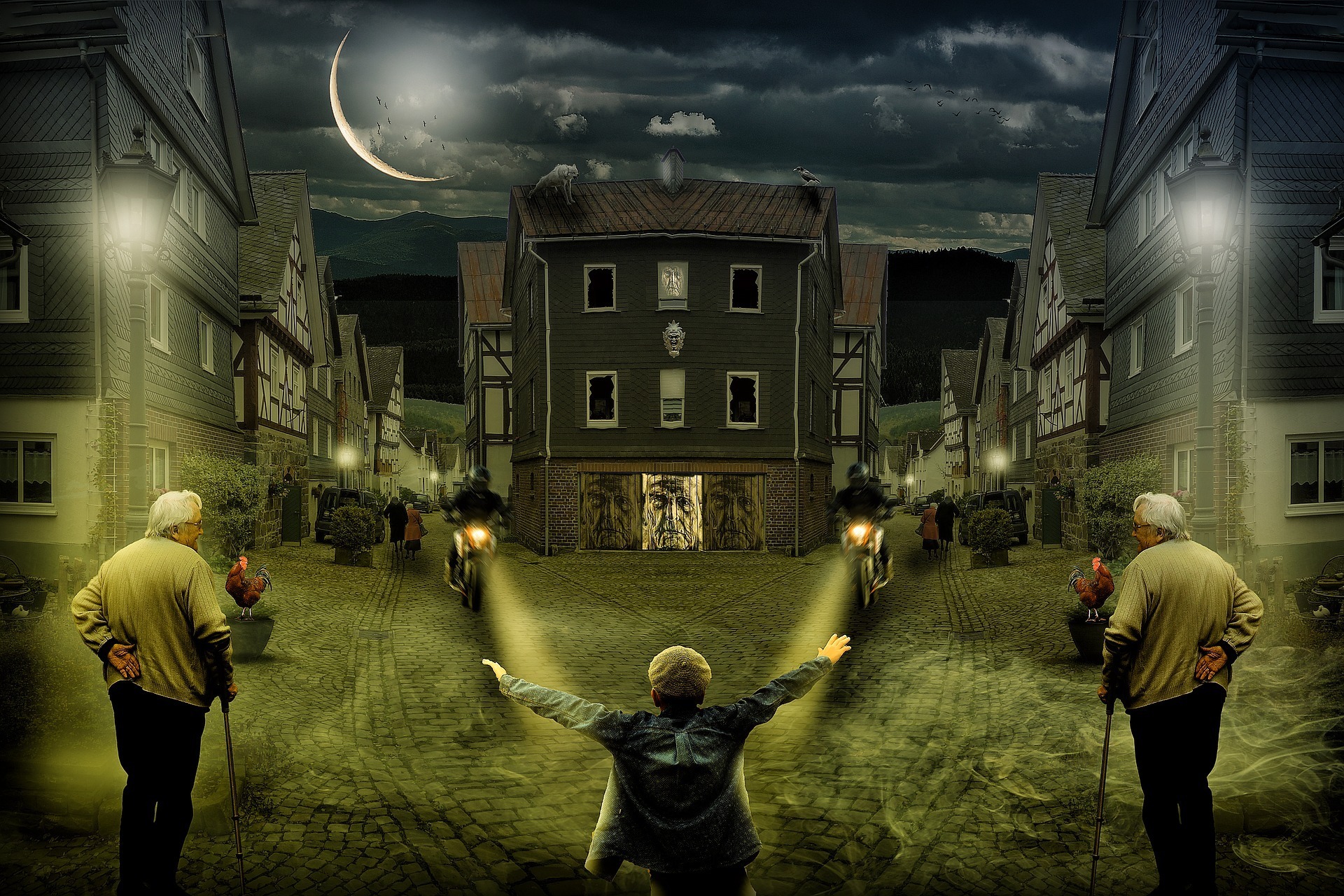Life is a wonderful journey to nowhere
We call the worldless memories in front of arbitrary backdrops “Our Moments” and “Our Stories.” These have now even reached an existential dimension: “I Instagram, therefore I am.” With nothing to remember, nothing to experience or enjoy, we are trapped in the present. Our life today consists of recognition without cognition and experiences without experience.
Thus, in the past decades, we have built a roaring, prestigious, and (technological) optimization society that lives on images in all their tints and filters. It has become a world of moments, which we share convulsively. Everything is pleasing and, above all, economic.
With narcissistic self-deception, we strive for our own optimized brand and fight a battle for effort and benefit, while the self-optimization of body and mind sends us in search of a being with meaning—the nonsense. We live today to outlive. In the end, though, we’re left with weariness in a paradoxical world.
We’re trapped in our own freedom. We’re prosumers and create ourselves the product we consume incessantly. As human beings, we have become the product, and thus we exploit ourselves. We’re both the exploiter and the exploited. Master and servant have become one. But what follows from this? A revolution? No. The other is missing: the abolition, the synthesis of the new. Because there is no system against which we can rebel. Capitalism in the twenty-first century is a fluid game that constantly adapts to new conditions.
If the political arena is trapped in rigid party structures, capitalism lives in free flight. What happens in the markets symbolizes technological and economic progress, optimization and time won for people to think back. But time to reflect on the “essential” would end with the sad realization that life is a beautiful journey to nowhere.
If one isn’t allowed to embark on the journey through any distraction whatsoever, frustration and depression will follow. The realization of such futility is the bitterest defeat, for with it, we lose everything to which we cling. As in Ludwig Wittgenstein’s metaphorical image, we push away the ladder we have just climbed.

THE QUEST FOR BALANCE - DYNAMIC BALANCE
History shows—even if this takes some getting used to for many—that we should be able to manage with less. We can balance our consumption patterns. Of course, there is no perfect equilibrium, but also in terms of sustainability, we understand that we only have one planet, and consequently, companies are rethinking their business models toward a perfect circular economy.
It’s hitting many hard, and at least in affluent Western regions, we should realize at some point that we need to move away from such decadence if society is going to function for ten billion people.
It’s now about living together with economics and technology in a completely new way. It’s much more holistic. Competition is not the answer; cooperation is—the power of connectedness. The Dalai Lama himself said that capitalism is a working model, but it needs compassion. Capitalism is highly adaptable. The new spirit of economics is an Eastern one, characterized by dynamic balance. Not in the traditional Buddhist sense. Rather in a believer-atheist-pop-Western-Buddhist direction.
So, it’s about learning to love and enjoy the path—the journey. It’s a pursuit of the dynamic balance of economy on the one hand and love, empathy, and compassion on the other. It can liberate us. It isn’t faith in faith but eternally striving for balance—a dynamic equilibrium—that can help us give meaning to and support life.
The big question, in the end, remains our life’s largest riddle: How do we cope with the meaninglessness of our lives beyond our continuous optimization? Or as Captain Teague so aptly explained it to his son in Pirates of the Caribbean, “It’s not about living forever, [Jackie]. The trick is living with yourself forever.”
